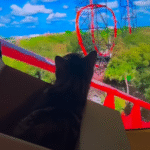Understanding the mysterious world of cats can often feel like unlocking the secrets of a hidden realm. These enigmatic creatures often leave us puzzled with their quirky behaviors, especially when it comes to their sleeping habits. However, did you know that your cat’s sleep patterns can reveal a lot about the bond they share with you? It’s true. This intriguing connection between a cat’s sleeping habits and their relationship with their human companions is a subject worth exploring. Whether you’re a seasoned cat enthusiast or a curious newcomer to the feline world, this article will guide you through the fascinating link between your cat’s snoozing behavior and the affection they hold for you.
The Feline Sleep Cycle: A Brief Overview
Cats are known for their love of sleep, spending up to 16 hours a day in slumber. This behavior is rooted in their ancestry as nocturnal hunters. While domesticated cats might not need to hunt for their meals, their natural instincts remain. Cats experience both REM (rapid eye movement) and non-REM sleep cycles, similar to humans. During the REM phase, they are likely dreaming, and you might notice their paws twitching or their eyes moving beneath closed lids. Understanding these cycles can help you interpret their behavior and what it might mean for your relationship.
Why Cats Sleep So Much
The extensive sleep habits of cats are not just about laziness or indolence. Cats are crepuscular, meaning they are most active during dawn and dusk. This pattern aligns with their ancestral hunting times. The need for rest is also linked to their energy conservation strategy. In the wild, conserving energy is crucial for survival. Though your domesticated cat doesn’t need to hunt, this instinctive behavior persists. By understanding this, you can better appreciate their need for frequent naps and how it affects their daily interactions with you.
What Sleeping Positions Reveal
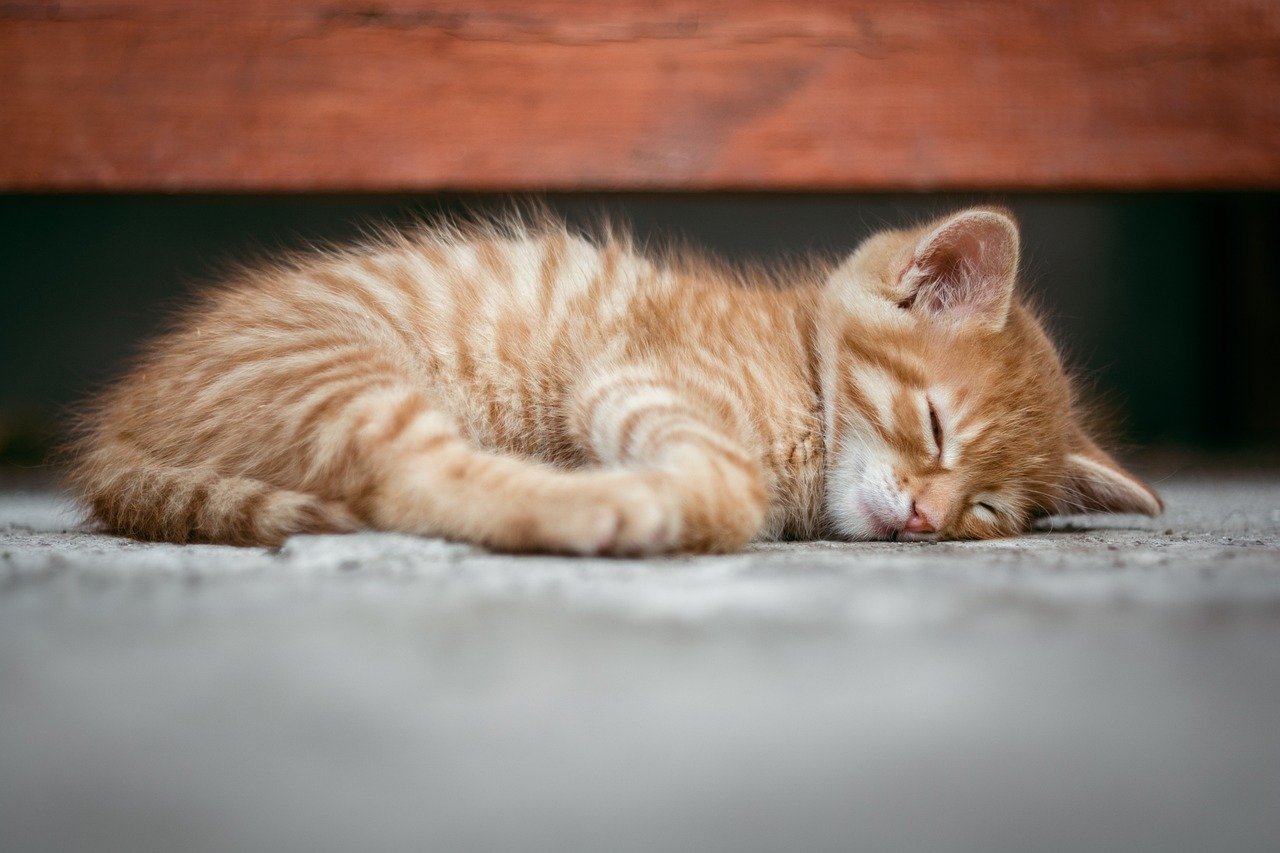
A cat’s sleeping position can tell you a lot about their comfort level and trust in their environment. For instance, a cat sleeping with its belly exposed is a sign of trust and relaxation since the belly is a vulnerable area. On the other hand, a curled-up position suggests they are seeking warmth and security. If your cat chooses to sleep with its back facing you, it might be a sign of trust, indicating they feel safe enough to be vulnerable in your presence. Observing these positions can provide insights into how secure and comfortable your cat feels around you.
Sharing Your Bed: A Sign of Affection
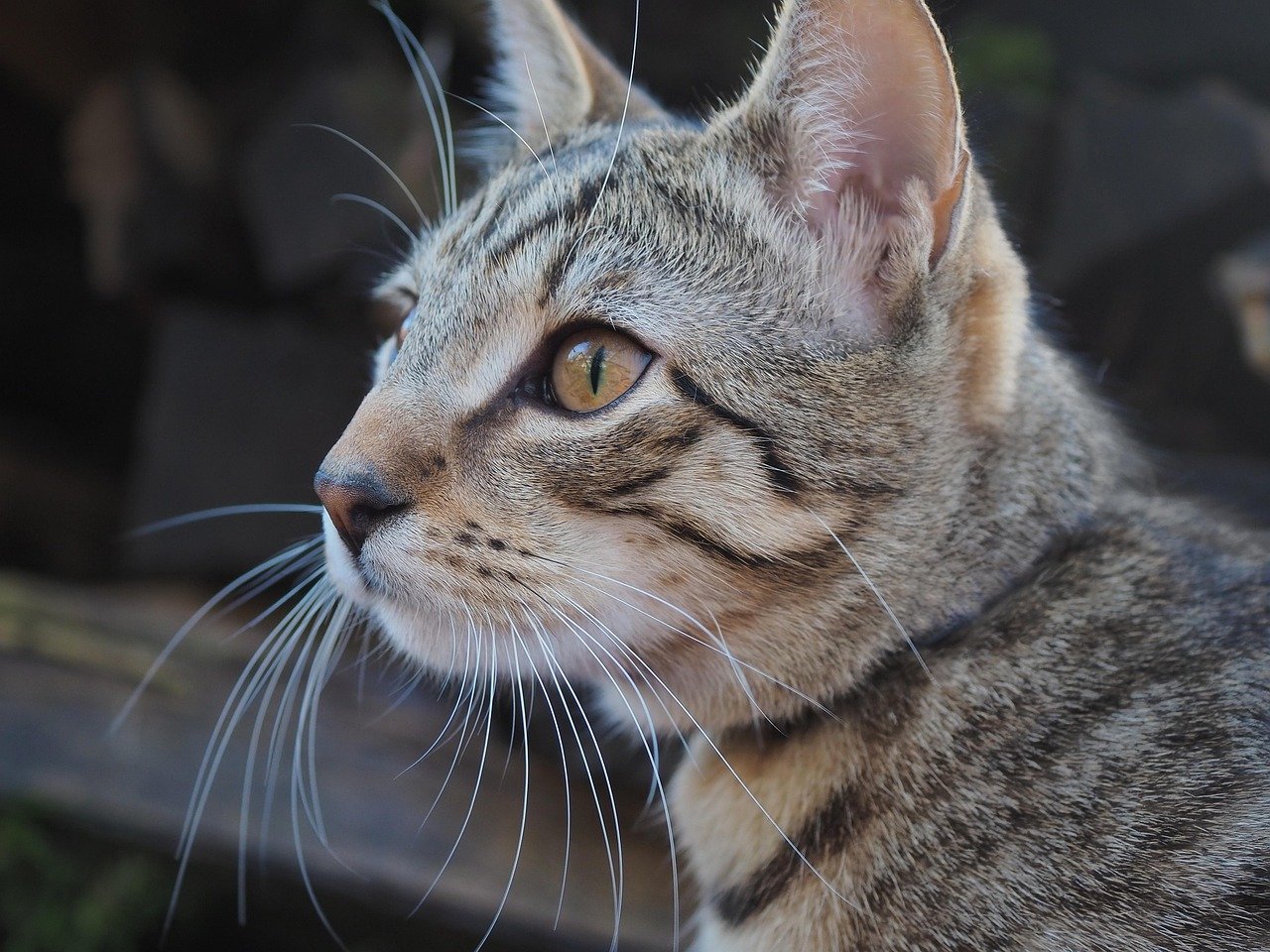
When a cat chooses to share your bed, it’s a significant gesture. Cats are territorial creatures, and the decision to sleep in your personal space indicates a strong bond. It suggests that they see you as part of their safe zone. This behavior also highlights their need for warmth and comfort, which they associate with your presence. If your cat frequently snuggles up to you at night, it’s a clear sign of their affection and trust in you as their human companion.
Nighttime Activities and Their Meanings
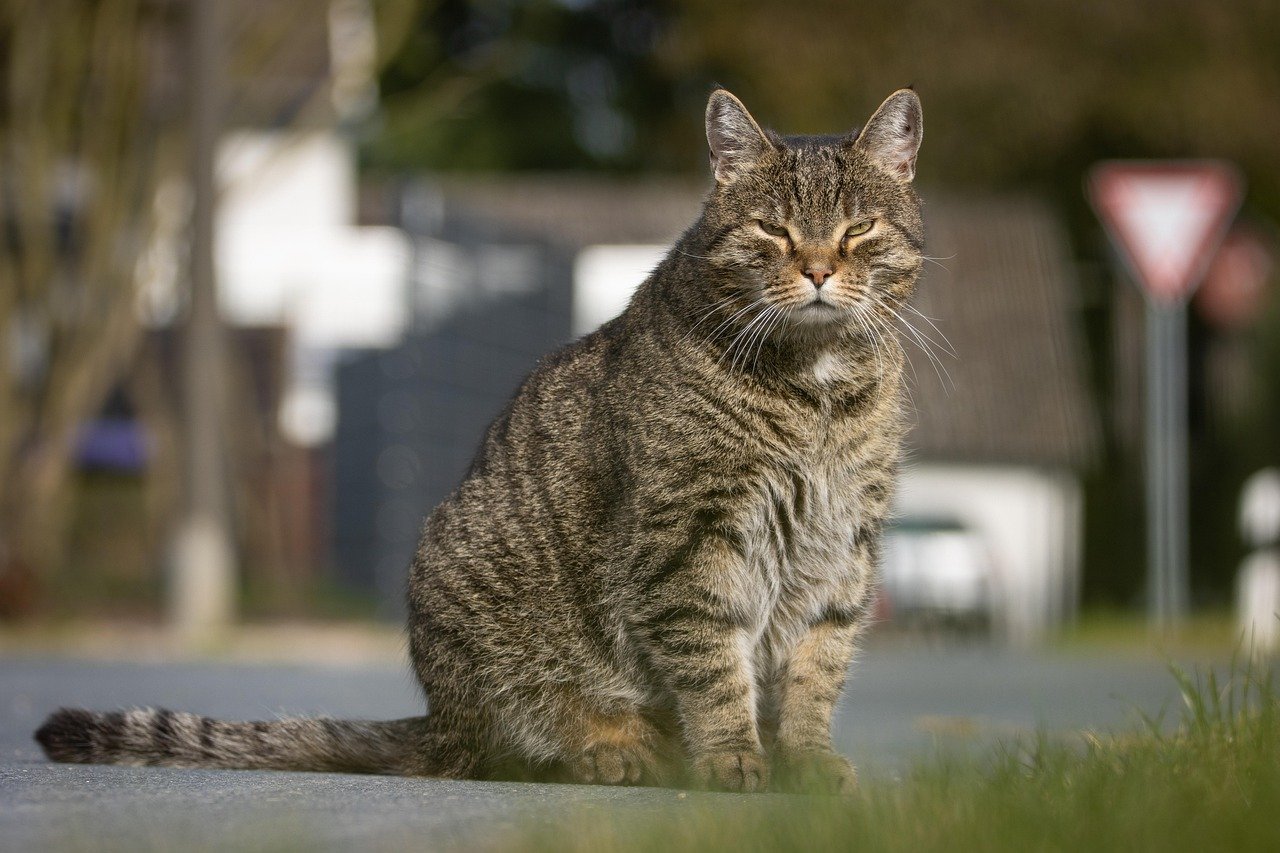
Cats are often more active at night, which can sometimes disrupt your sleep. These nighttime antics can include running around, playing, or even vocalizing. This behavior is rooted in their instinctual hunting patterns. However, if your cat is particularly active during the night, it might also be a sign they are seeking your attention or companionship. Understanding this behavior can help you create a more harmonious nighttime routine for both you and your feline friend.
The Importance of Routine
Cats thrive on routine, and their sleeping habits are no exception. A consistent daily routine helps them feel secure and reduces stress. This routine includes regular feeding times, play sessions, and sleep schedules. By maintaining a predictable routine, you help your cat feel more comfortable and strengthen your bond. This consistency reassures them that they are in a stable environment, which can lead to healthier sleeping habits and a more amicable relationship with you.
Signs of Stress in Sleep Patterns
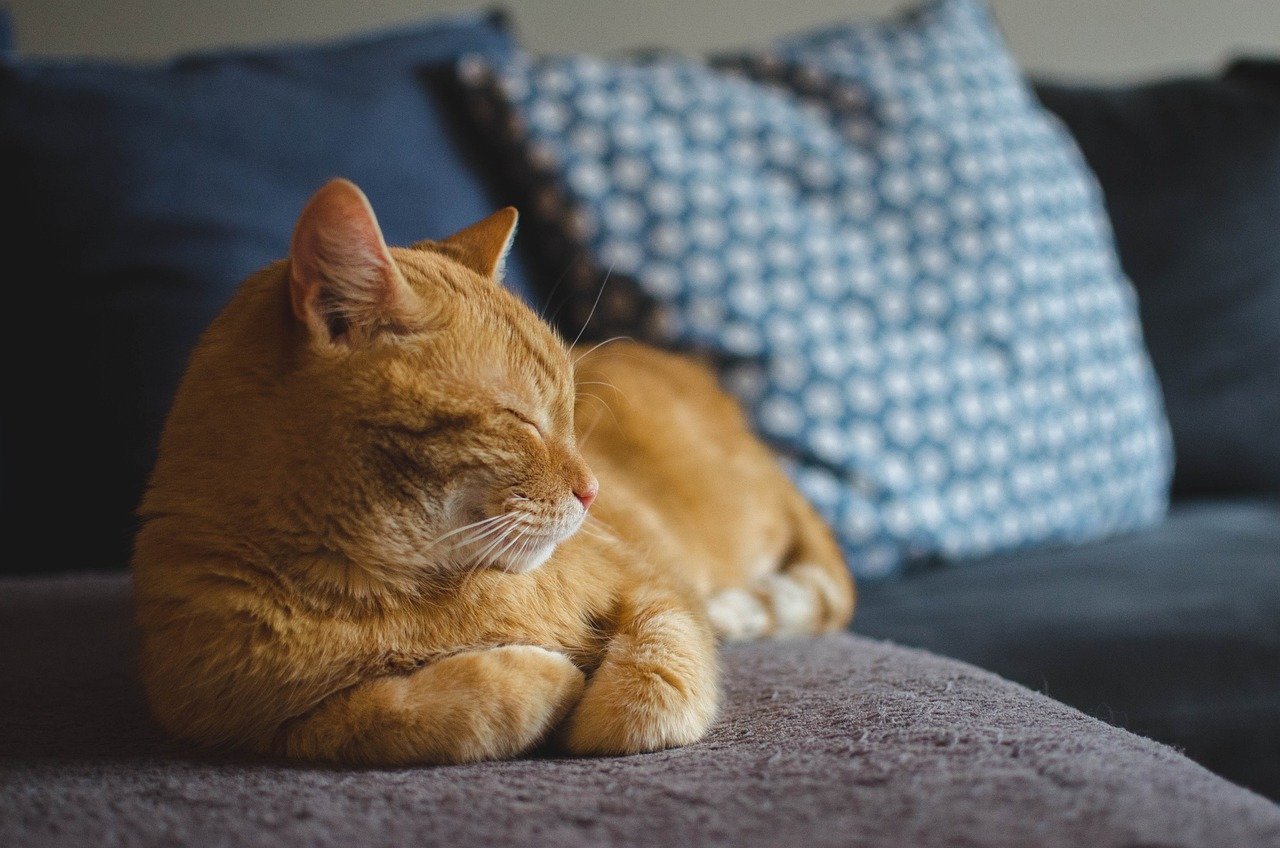
Changes in a cat’s sleeping habits can be indicators of stress or health issues. For example, excessive sleeping or lethargy might suggest underlying health problems, while restlessness can indicate anxiety. If your cat is suddenly sleeping more or less than usual, it’s important to consider any recent changes in their environment or routine. Observing these changes can help you address any potential issues early on, ensuring your cat remains healthy and content.
Kitten versus Adult Cat Sleeping Habits
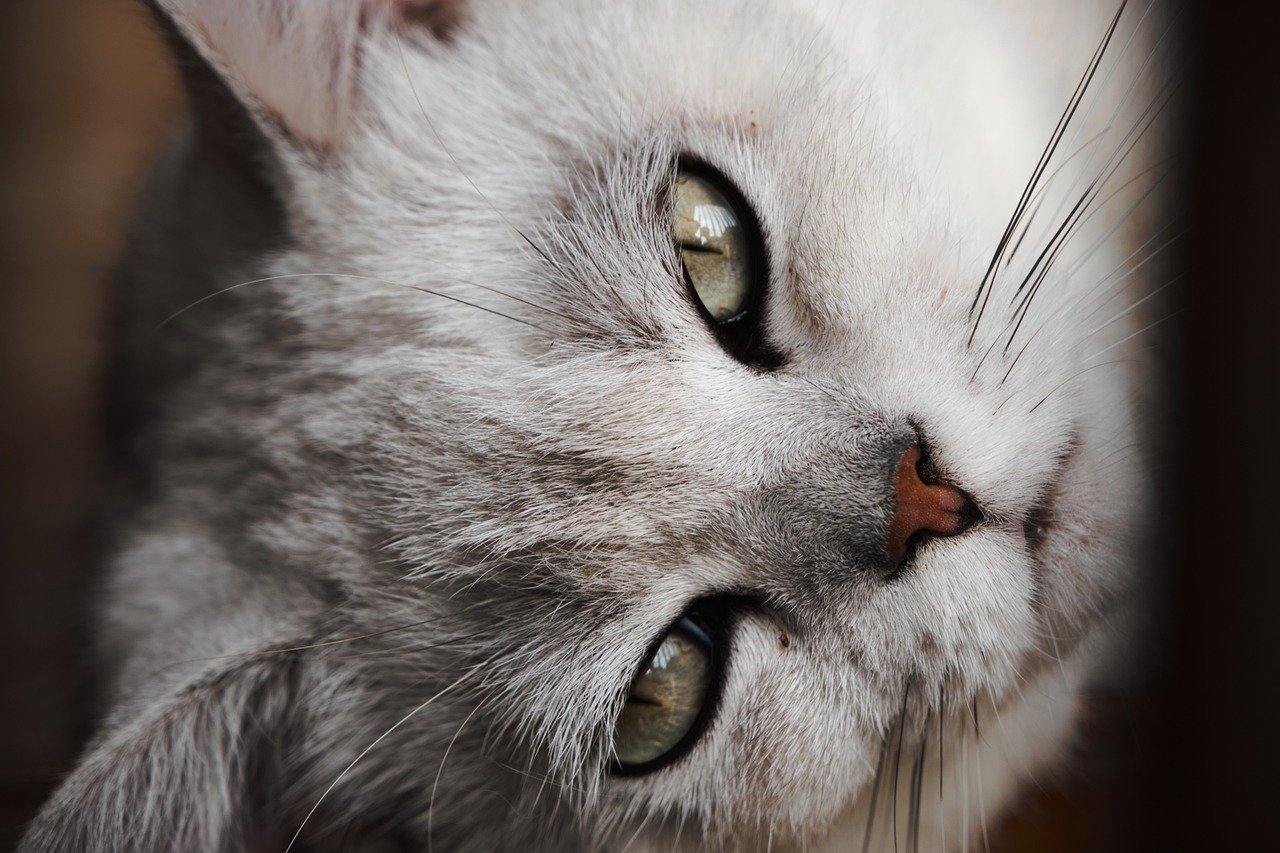
Kittens and adult cats have different sleeping needs. Kittens require more sleep than adults as they grow and develop rapidly. Their sleep is crucial for their physical development and cognitive growth. Adult cats, while still requiring ample rest, have more established patterns. Understanding these differences can help you cater to their specific needs at different life stages, thereby nurturing a stronger bond with them as they grow.
The Role of Diet in Sleeping Patterns
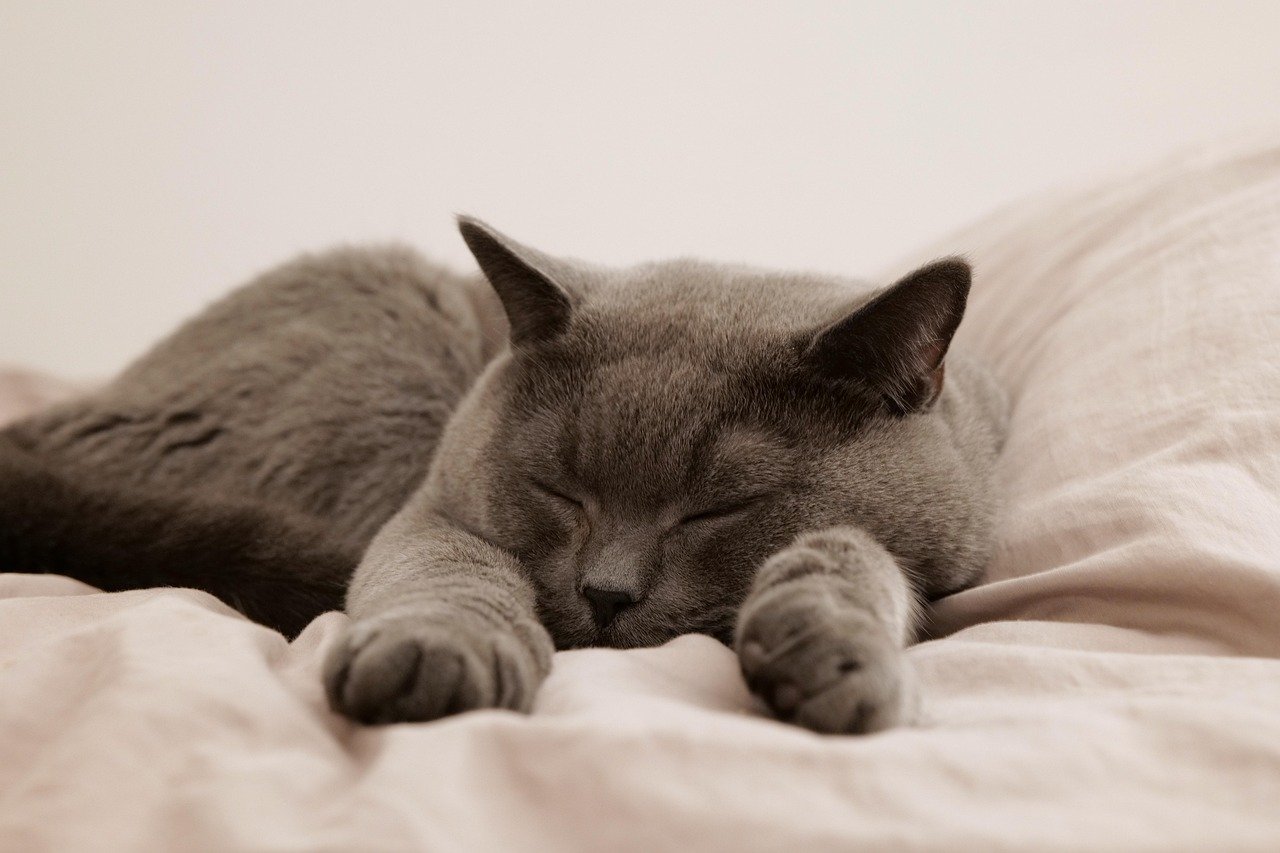
Diet plays a significant role in a cat’s sleeping habits. A balanced diet provides the necessary nutrients and energy they need to maintain healthy sleep cycles. Overeating or consuming the wrong types of food can lead to digestive discomfort, affecting their rest. Ensuring your cat has a nutritious diet can contribute to better sleep quality and overall wellbeing, which in turn can positively impact their behavior and relationship with you.
How Environment Affects Sleep
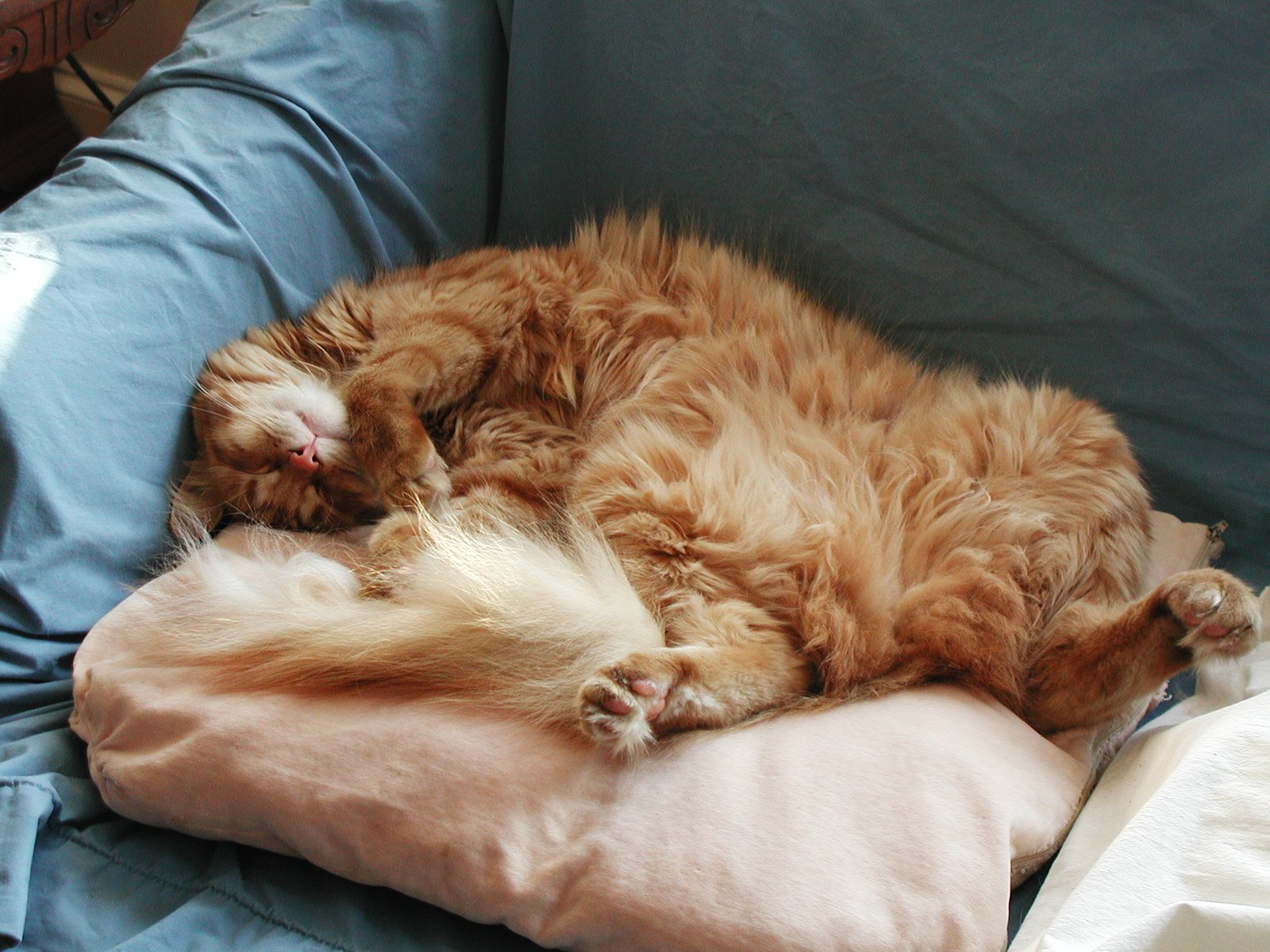
The environment in which a cat sleeps can greatly influence their comfort and quality of rest. Factors such as noise levels, temperature, and the presence of other animals can impact their sleep. Providing a quiet, comfortable, and safe sleeping area is essential. By creating a conducive environment, you not only improve their sleep quality but also reinforce their sense of security and trust in you as their caretaker.
Signs Your Cat Dreams
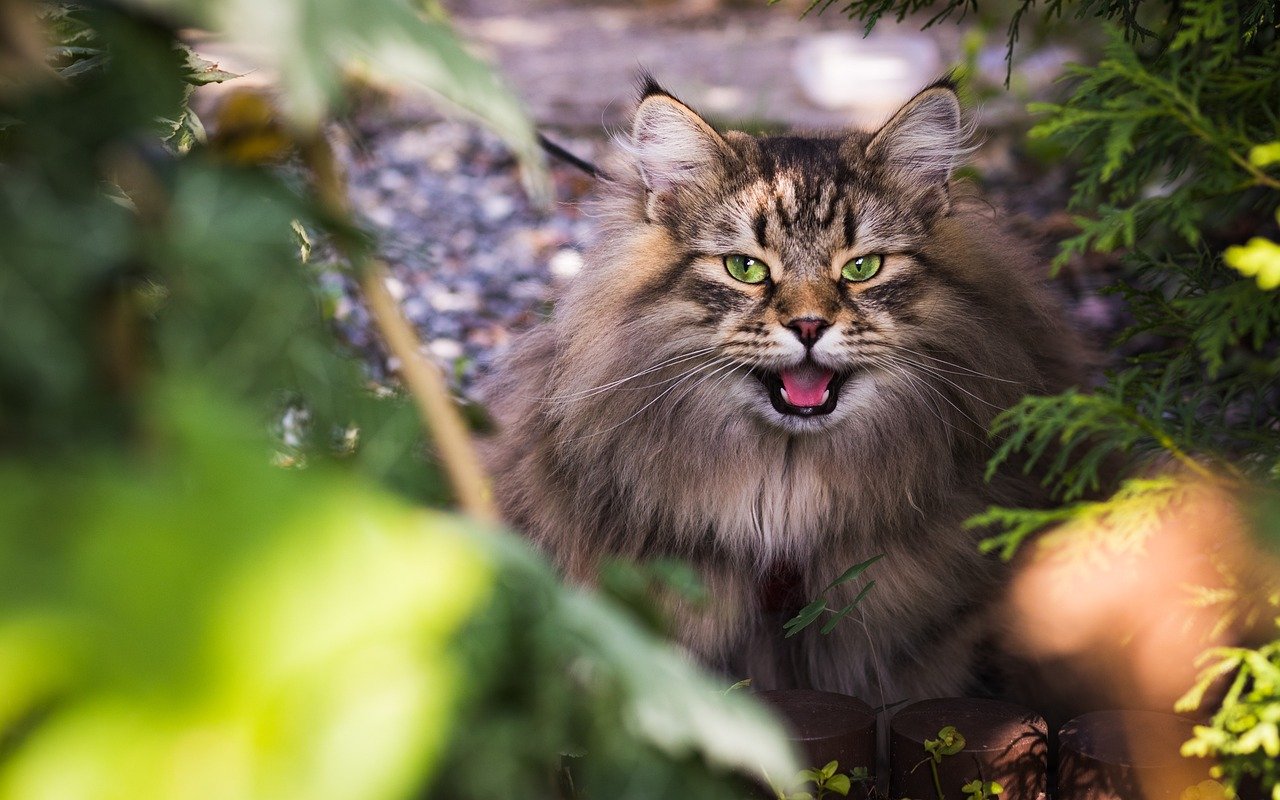
Just like humans, cats dream. If you’ve ever noticed your cat twitching or making sounds in their sleep, they’re likely dreaming. These dreams are believed to be related to their daily experiences and instincts. Observing your cat during these moments can be both amusing and enlightening, offering a glimpse into their subconscious world and further deepening your understanding of their unique nature.
When Cats Sleep on You
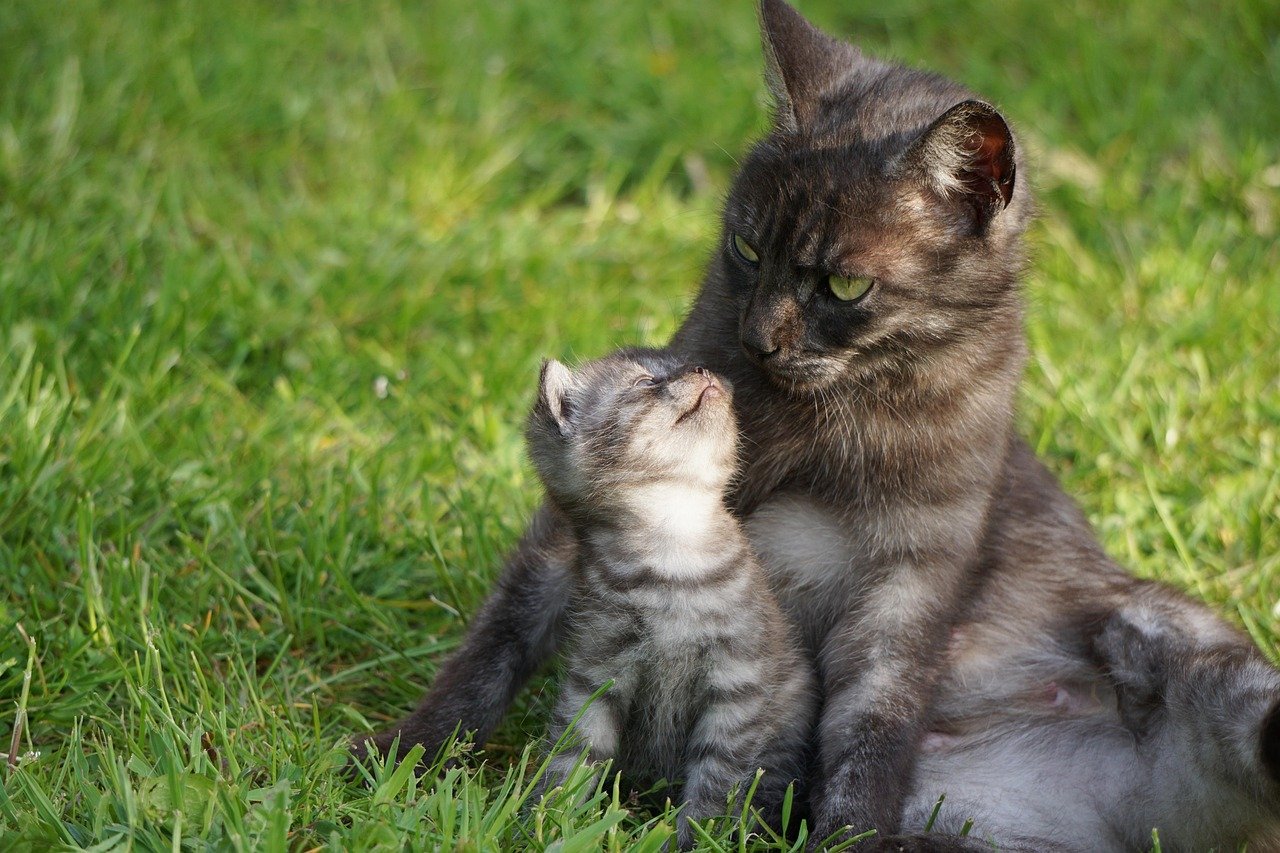
Cats often choose to sleep on their owners, and this behavior is a profound sign of affection. It indicates that they see you as a source of warmth, safety, and comfort. This act of closeness not only strengthens your bond but also provides a sense of companionship and mutual trust. Cherishing these moments can enhance your relationship and create lasting memories with your feline friend.
The Influence of Age on Sleep
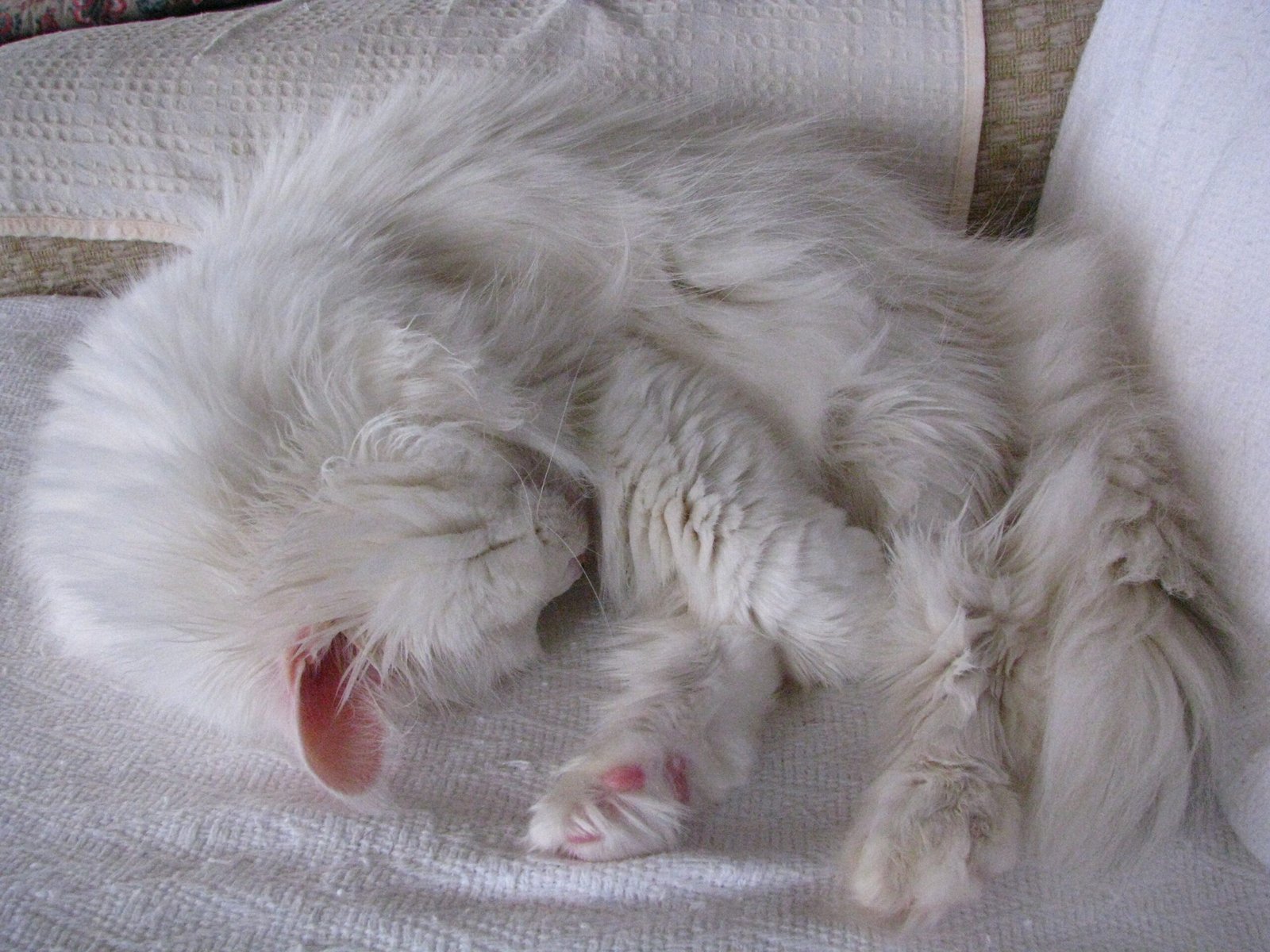
As cats age, their sleeping habits can change. Older cats may sleep more due to decreased energy levels and potential health issues. These changes are a natural part of aging, and understanding them can help you provide better care and support for your senior cat. By being attentive to their evolving needs, you can maintain a strong bond and ensure their comfort in their golden years.
Understanding the Purring Sleep
Purring is often associated with contentment, but cats can also purr in their sleep. This behavior is believed to be self-soothing and can occur during both wakefulness and sleep. A sleeping cat that purrs may be in a state of deep relaxation, feeling completely at ease in their environment. Recognizing this behavior can reassure you of your cat’s happiness and well-being, reinforcing the positive bond you share.
How Weather Influences Sleep
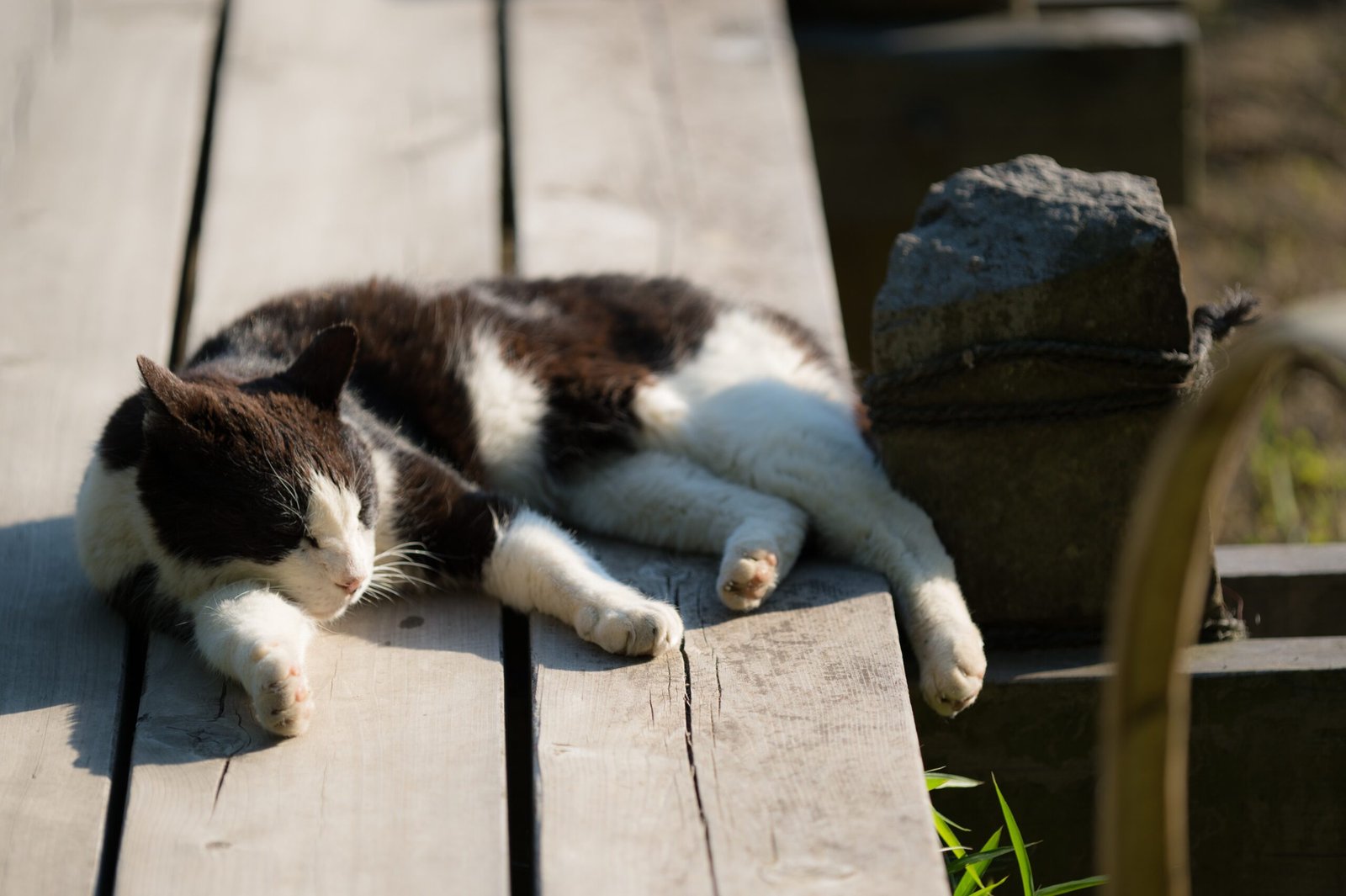
Weather can have a noticeable impact on a cat’s sleeping habits. Colder temperatures might lead your cat to seek out warmer spots, often closer to you. Conversely, in warmer weather, they might look for cooler areas to rest. These behaviors reflect their natural instincts to regulate body temperature. Being aware of these tendencies allows you to adapt their sleeping environment accordingly, ensuring their comfort and strengthening your bond.
The Connection Between Playtime and Sleep
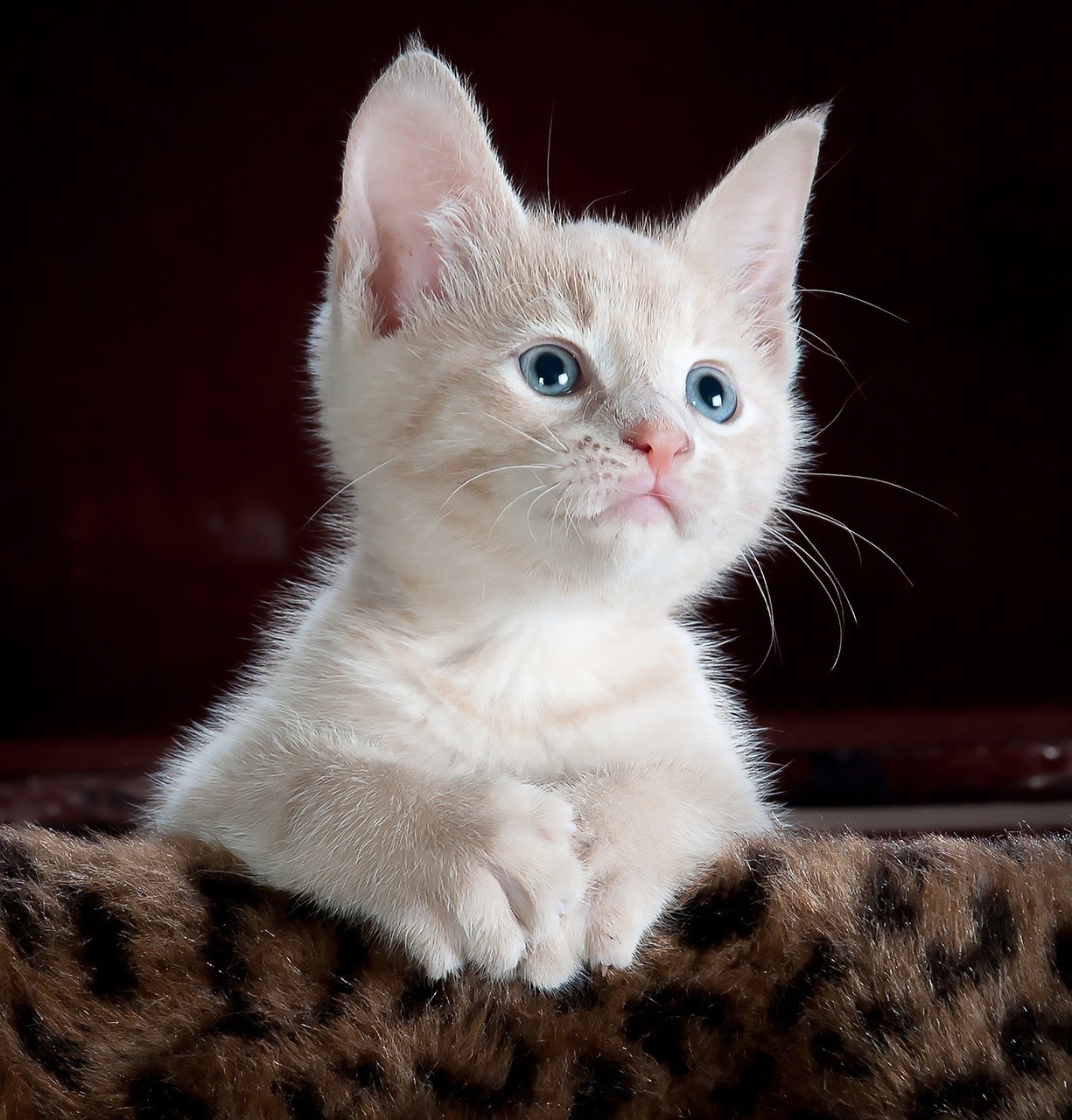
Playtime is crucial for a cat’s physical and mental health, and it directly influences their sleep quality. Engaging your cat in regular play sessions helps them expend energy, promoting better rest. This activity also strengthens your relationship, as it provides opportunities for bonding and mutual enjoyment. A well-exercised cat is likely to have healthier sleep patterns, contributing to their overall happiness and the harmony of your household.
Recognizing Sleep Disorders in Cats
Just like humans, cats can suffer from sleep disorders. Symptoms may include restlessness, insomnia, or excessive drowsiness. Recognizing these signs early can help you address potential health issues or environmental stressors. Consulting with a veterinarian can provide guidance on how to manage these disorders, ensuring your cat receives the care they need for a restful and healthy life.
How to Encourage Healthy Sleep Habits
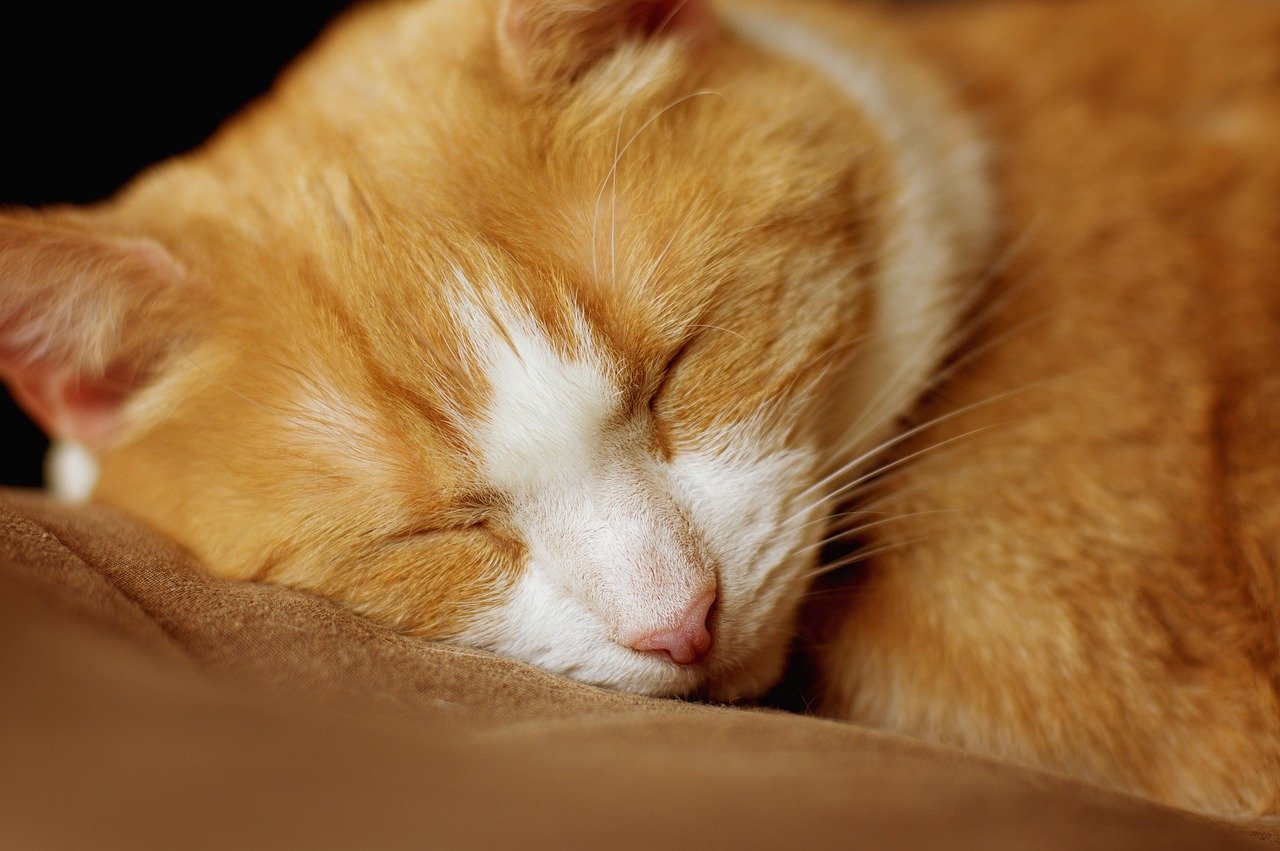
Promoting healthy sleep habits in your cat involves providing a balanced diet, regular playtime, and a comfortable sleeping environment. Consistency in their daily routine also plays a key role. By ensuring these elements are in place, you support your cat’s physical and emotional well-being. This proactive approach not only enhances their quality of life but also nurtures the loving bond you share.
Building Trust Through Sleep
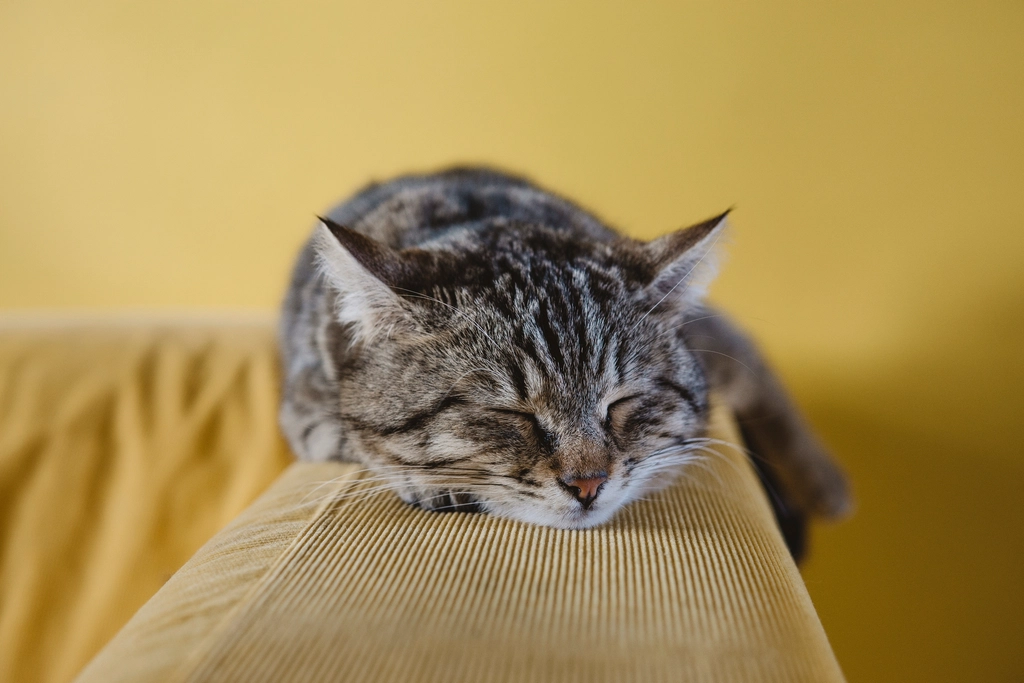
A cat’s willingness to sleep near you is a testament to the trust and affection they feel. Building this trust takes time, patience, and understanding of their unique needs. By respecting their space, providing consistent care, and observing their behavior, you can foster a deep and meaningful connection. This trust is reflected in their sleeping habits and is a precious aspect of the bond between you and your feline companion.
In conclusion, the sleeping habits of cats are more than just a daily routine. They are a window into the depth of your relationship with your furry friend. By understanding these behaviors, you can better appreciate the nuances of their affection and strengthen the bond you share. Through observation, care, and love, you and your cat can enjoy a harmonious and fulfilling companionship.
Hi, I’m Bola, a passionate writer and creative strategist with a knack for crafting compelling content that educates, inspires, and connects. Over the years, I’ve honed my skills across various writing fields, including content creation, copywriting, online course development, and video scriptwriting.
When I’m not at my desk, you’ll find me exploring new ideas, reading books, or brainstorming creative ways to solve challenges. I believe that words have the power to transform, and I’m here to help you leverage that power for success.
Thanks for stopping by, Keep coming to this website to checkout new articles form me. You’d always love it!





